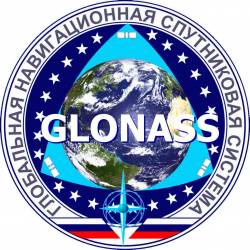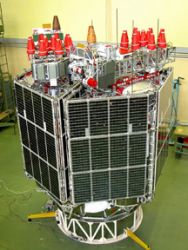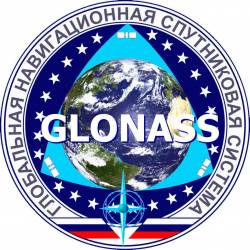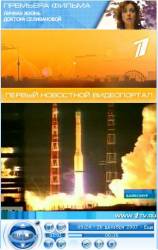Russia successfully launched three modernized GLONASS (GLONASS-M) satellites from the Baikonur Cosmodrome in Kazakhstan on October 26, a day later than planned due to a Kazakh national holiday. The Proton-K rocket, equipped with a Block DM upper stage and carrying three Uragan-M (GLONASS-M No. 18, 19, 20) satellites, lifted off at 11:35 Moscow time.
Russia successfully launched three modernized GLONASS (GLONASS-M) satellites from the Baikonur Cosmodrome in Kazakhstan on October 26, a day later than planned due to a Kazakh national holiday. The Proton-K rocket, equipped with a Block DM upper stage and carrying three Uragan-M (GLONASS-M No. 18, 19, 20) satellites, lifted off at 11:35 Moscow time.
Originally scheduled for a September launch, the satellites were reportedly held back in order to install newer components in some portions of the satellites’ systems in order to improve performance and extend the anticipated life span of the spacecraft. The space vehicles join 13 operational satellites in the GLONASS constellation. Another triple launch is scheduled for December 25.
The launch was the first Proton to be sent up from Baikonur since a September 6 failure of a mission carrying a Japanese telecommunications satellite.






